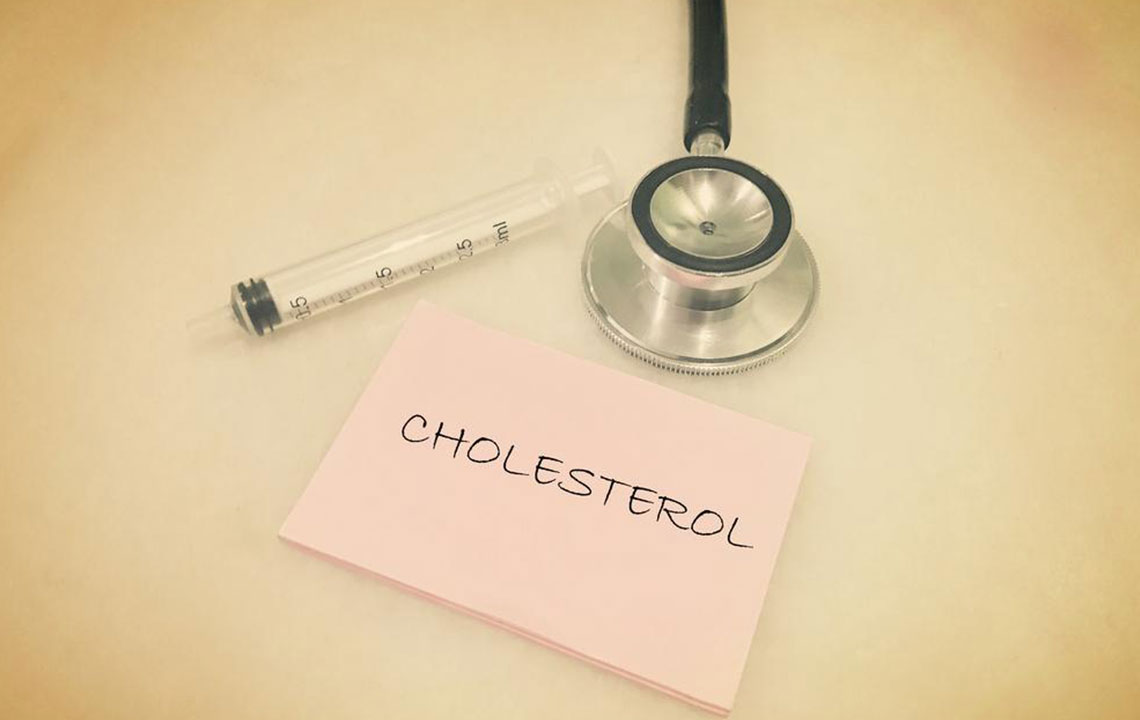The Benefits of Including Omega-3 Rich Foods in Your Diet for Optimal Health
Discover the importance of omega-3 fatty acids for heart health. Learn about rich food sources like fish, seeds, vegetables, and oils to incorporate into your diet. Regular intake can reduce cardiovascular risks, lower triglycerides, and improve overall wellness. This guide highlights easy ways to add omega-3s for long-term benefits and a healthier lifestyle, emphasizing the role of diet in maintaining cardiovascular health and preventing disease.

The Benefits of Including Omega-3 Rich Foods in Your Diet for Optimal Health
Omega-3 fatty acids play a crucial role in maintaining heart health. They help prevent heart disease and strokes by reducing blood vessel damage. Omega-3s lower blood triglycerides, improve circulation, and promote the breakdown of blood clotting agents, decreasing cardiovascular risks. These fats also slightly reduce blood pressure but do not significantly impact LDL or HDL cholesterol levels. The three main types—ALA (from plants), EPA, and DHA (from marine sources)—are essential for human health.
Since our bodies cannot produce omega-3s, they must be obtained through diet. Incorporating more than one gram of omega-3-rich foods per day can protect against heart attacks, strokes, and other cardiovascular issues. Excellent sources include:
Seafood such as salmon, mackerel, herring, sardines, oysters, anchovies, shrimp, tuna, and halibut, which are rich in EPA and DHA and are low in saturated fat, making them ideal for heart health.
Other notable sources include walnuts, flaxseeds, chia seeds, red lentils, and soybeans—all packed with ALA, fiber, and protein. Vegetarian options like winter and summer squash, broccoli, cauliflower, spinach, grape leaves, parsley, and kale also contain omega-3s. Cooking oils such as flaxseed, walnut, olive, canola, and mustard oils can add omega-3s to your meals. Incorporating these foods into your diet promotes a healthy heart and offers numerous long-term health benefits.










